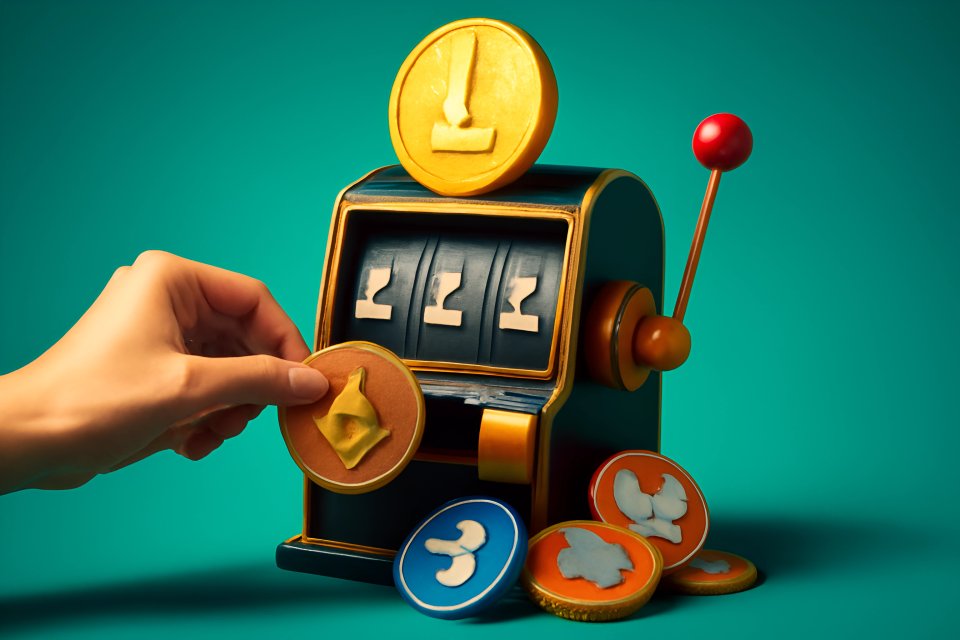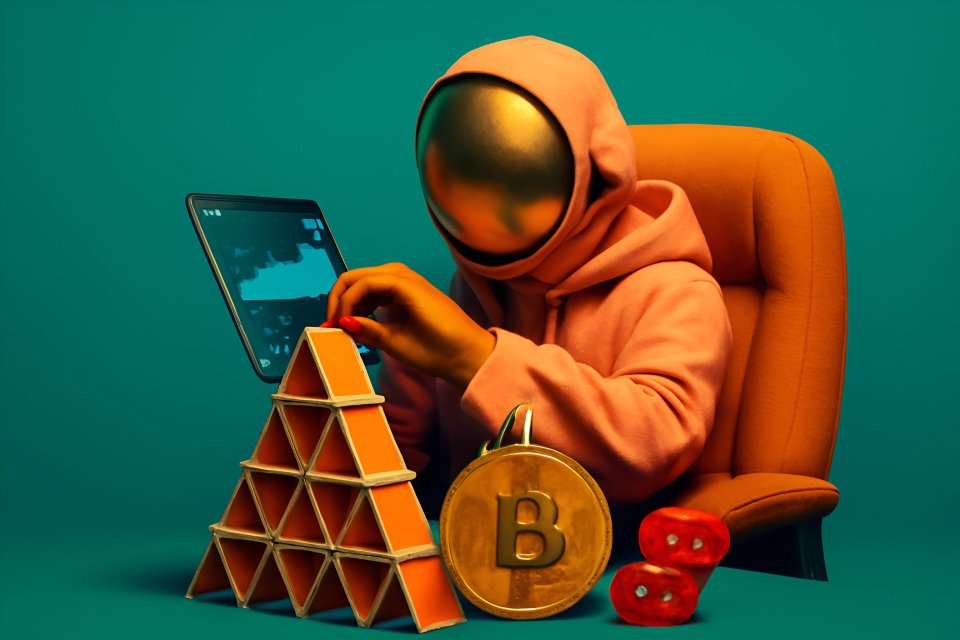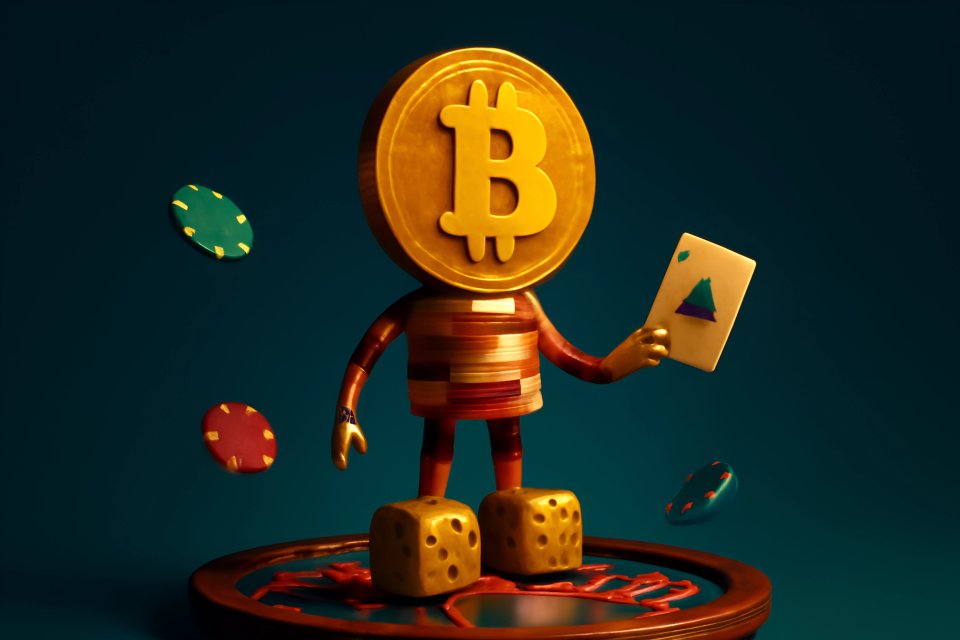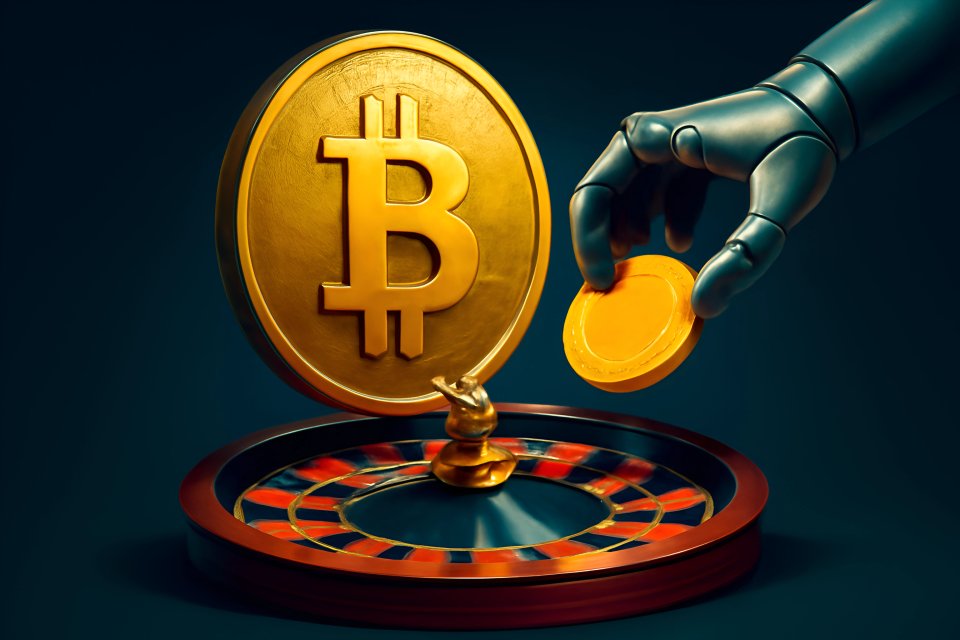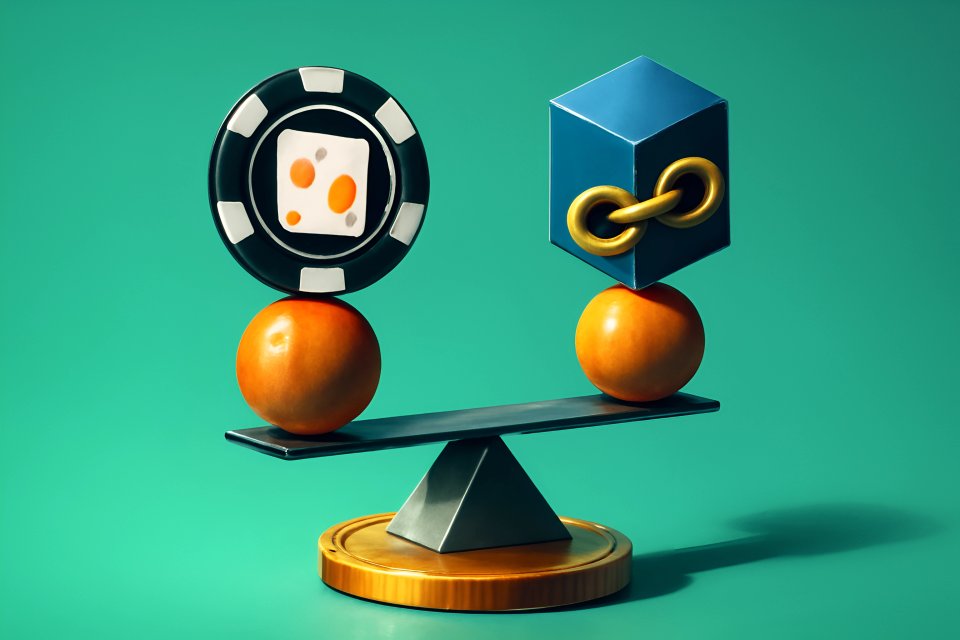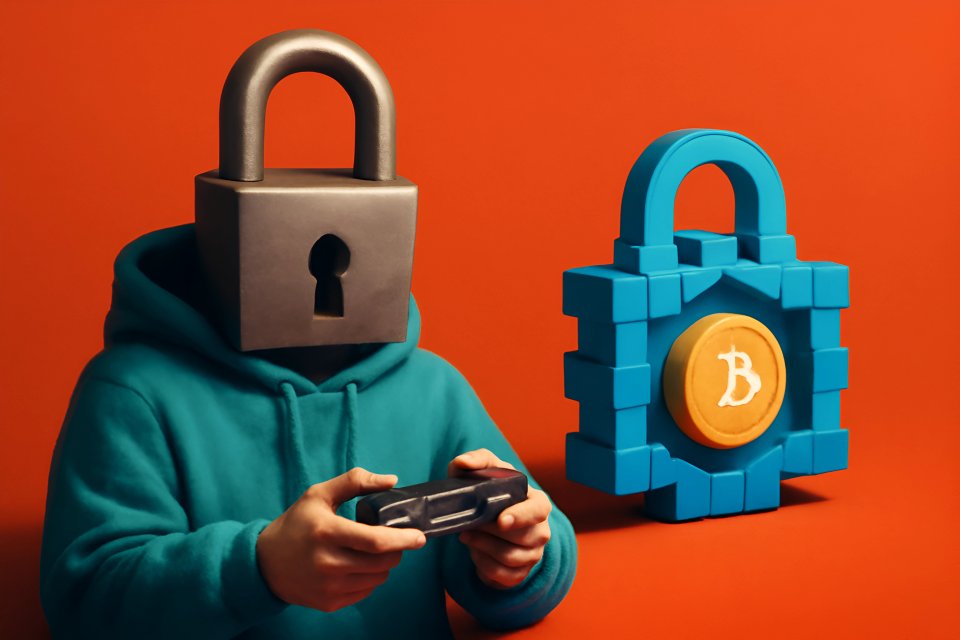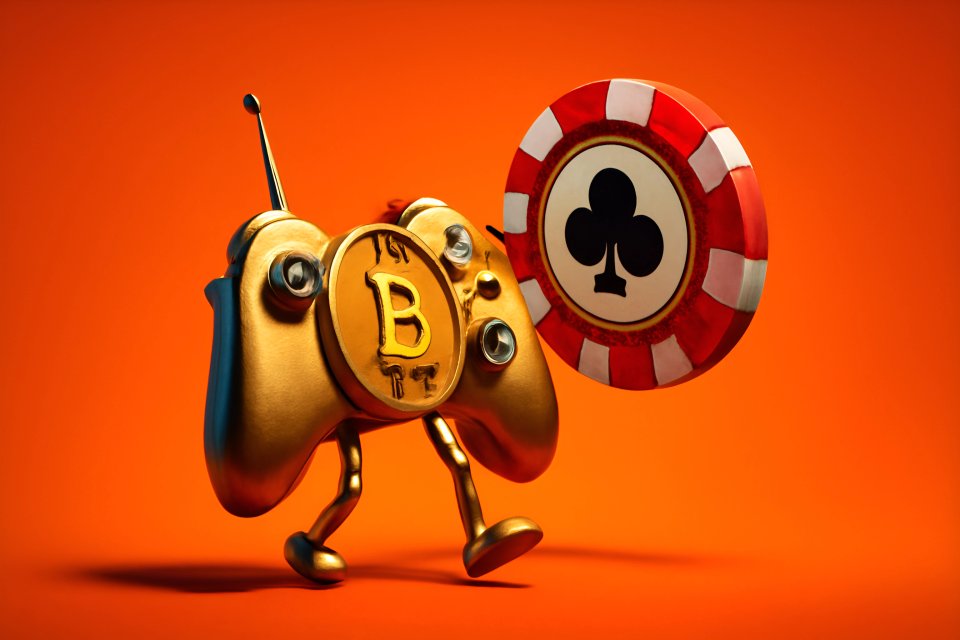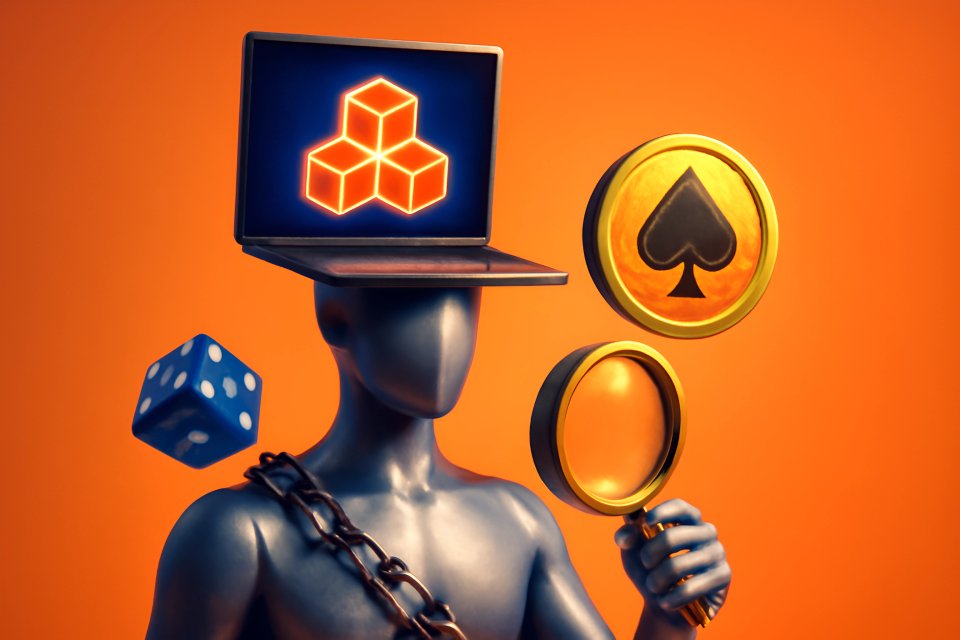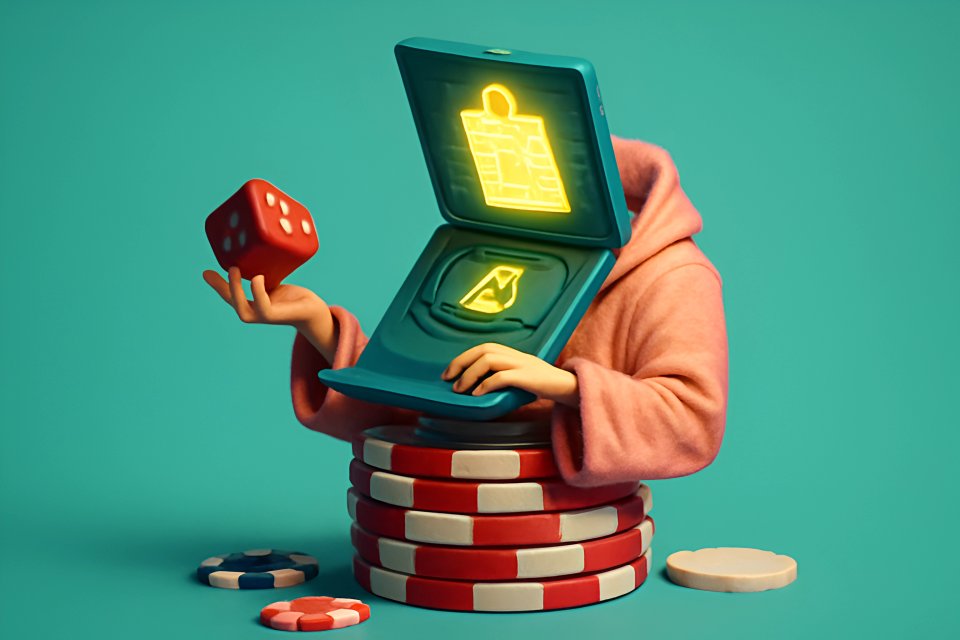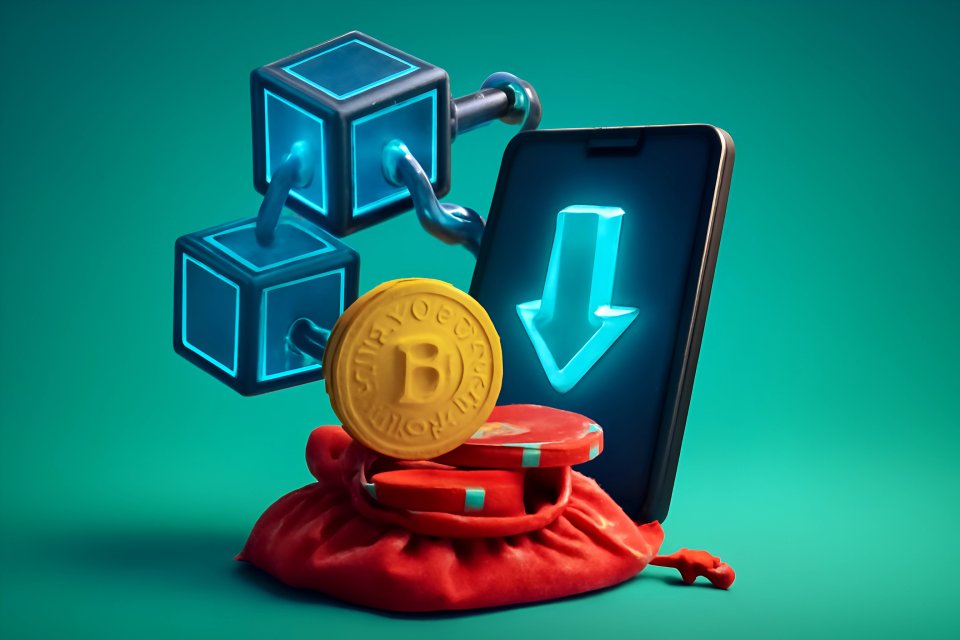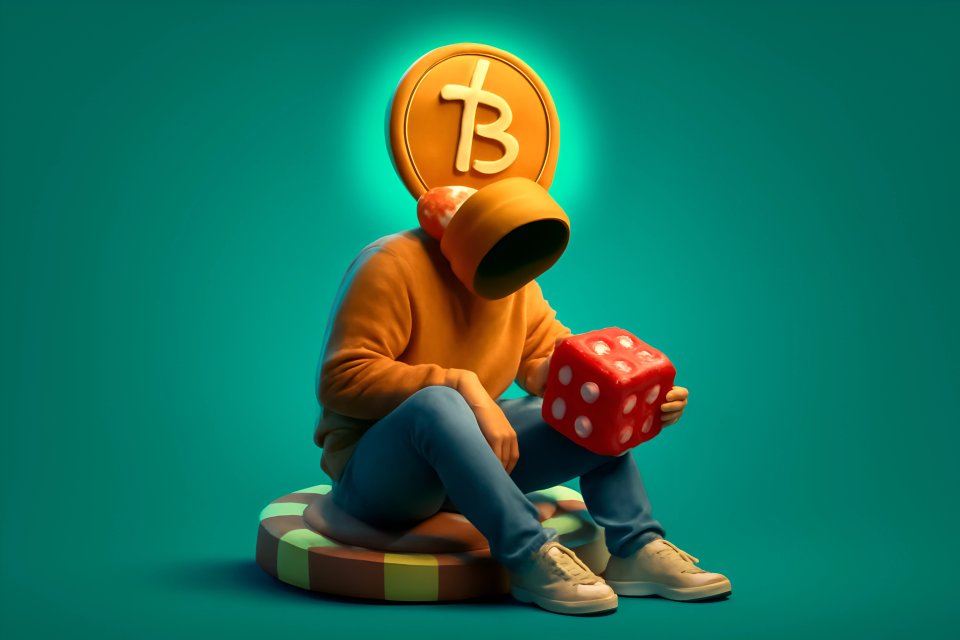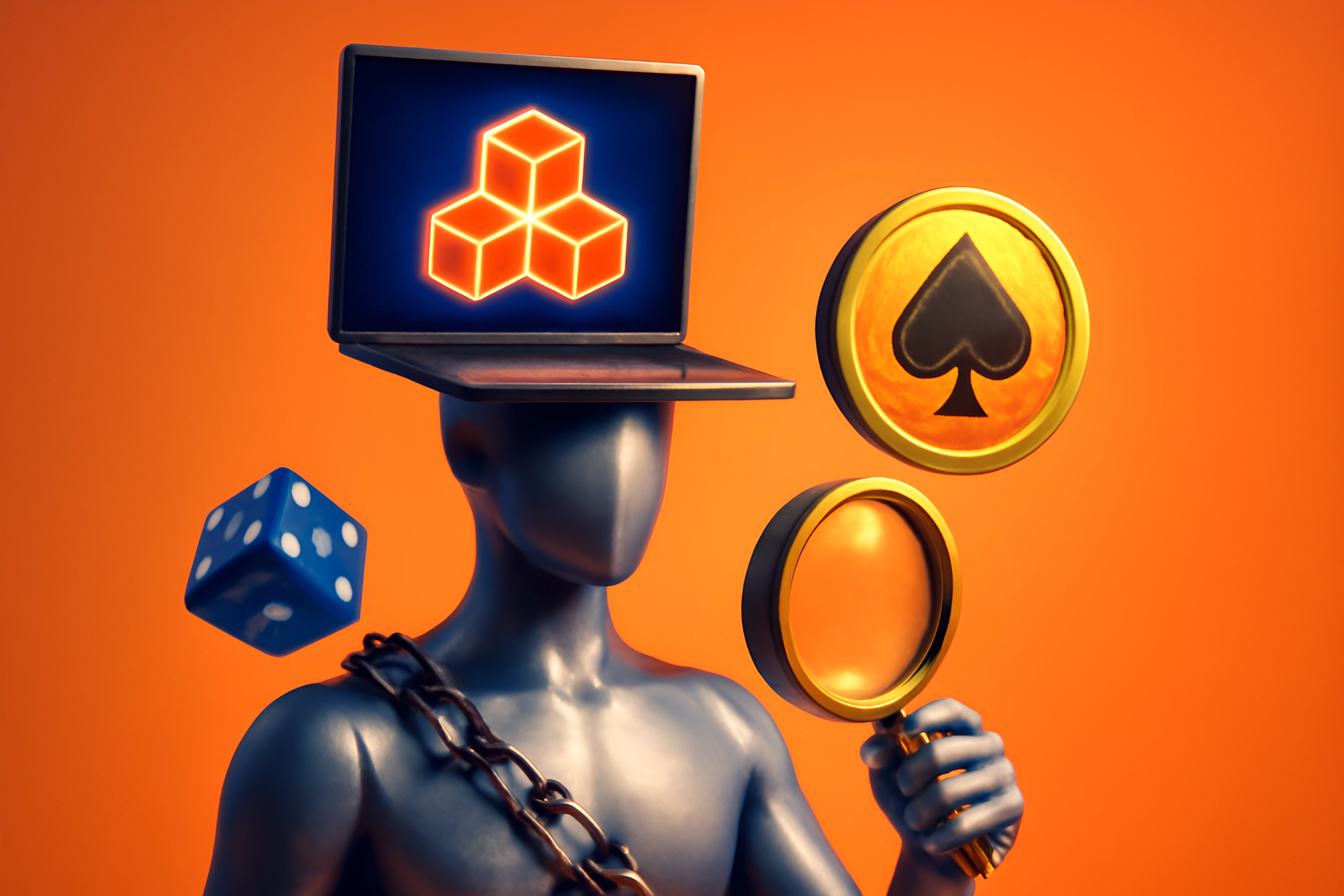
Ever felt that cold dread creep in after a losing streak? That nagging question, whispered in the back of your mind: "Is this game rigged?" For too long, the world of online gambling has operated behind a veil, with traditional online casinos using "black box" Random Number Generators (RNGs). This opacity meant you, the player, had to blindly trust that the games were fair, relying on occasional third-party audits that offered little real-time assurance. But what if you could rip away that veil and see the truth for yourself?
Imagine a world where you don't just hope for fairness, you demand it, and you have the tools to prove it. This isn't a far-fetched dream; it's the reality brought forth by blockchain technology. This revolutionary innovation is a game-changer, injecting unprecedented transparency and verifiability into casino gaming. This post will demystify the often-intimidating world of blockchain RNGs, explain exactly how provably fair algorithms empower you, and, most importantly, equip you with the practical knowledge to independently verify blockchain RNG fairness in crypto casinos. Get ready to take back control and ensure your crypto casino fair play.
Understanding Random Number Generators (RNGs): The Heartbeat of Casino Games
At the core of every casino game, whether it’s the spin of a slot machine or the deal of a card, lies a Random Number Generator, or RNG. Think of it as the invisible dealer, the silent force ensuring that each outcome is, or at least should be, unpredictable. Its role is absolutely crucial; without a truly random and fair RNG, the entire foundation of casino gaming crumbles into a predetermined charade.
Traditional RNGs: How They Work (and Their Limitations in Transparency)
For years, online casinos have relied on what are known as Pseudo-Random Number Generators (PRNGs). These complex algorithms use a starting point, a "seed," to produce long sequences of numbers that appear random. However, as the name "pseudo" suggests, they aren't truly random; if you knew the seed and the algorithm, you could predict the outcome. This inherent characteristic necessitates external audits and certifications from bodies trying to ensure fair casino technology, but these checks are periodic and don't offer players a way to verify individual game rounds themselves. This system, while functional, often leaves players yearning for more direct proof, as the actual workings remain hidden from view.
The Blockchain Difference: Introducing Verifiable Randomness
Enter blockchain technology, a disruptive force bringing radical transparency to the RNG process. The core principles of blockchain – immutability (once data is recorded, it cannot be altered) and transparency (data is open for anyone to inspect) – are perfectly suited to revolutionizing how randomness is generated and verified in online gaming. Instead of a hidden black box, blockchain offers an open ledger. This means that the elements used to generate randomness can be recorded and checked, transforming the RNG from a matter of faith into a matter of verifiable fact. This shift is fundamental to building genuine trust between players and crypto casinos.
Deep Dive: How Blockchain RNG and Provably Fair Algorithms Work
So, how does this "magic" actually happen? Provably fair systems, built upon blockchain principles, aren't about smoke and mirrors; they're about cryptographic proof. These systems typically involve a few key components working in concert to ensure that neither the casino nor the player can unduly influence or predict game outcomes. It’s a transparent dance of data, secured by powerful mathematics.
Core Components of a Provably Fair System
At the heart of provably fair algorithms are three critical elements. First, there's the Server Seed, a random string of characters generated by the casino. Crucially, before a game round begins, the casino commits to this seed by publishing its cryptographic hash (a one-way encrypted version), but keeps the original seed hidden. Second is the Client Seed, a value that is either provided by the player or can be influenced by them, adding another layer of randomness that the casino cannot control. Finally, there's the Nonce, a simple counter that increments with each bet or game round, ensuring that even if the server and client seeds were the same for a subsequent game (which is unlikely), the outcome would still be unique.
The Process Explained Step-by-Step
Let's walk through how these components interact to deliver a verifiably fair outcome, a key part of any blockchain RNG guide.
- Commitment: Before you even place your bet, the casino generates its
server seedand publishes a hashed version of it. This hash acts like a digital fingerprint; it's unique to the original seed, but you can't reverse-engineer the seed from the hash. - Player Input: You, the player, then provide or influence your
client seed. This might be a string you type in, or it could be derived from your browser's local state, ensuring your input is part of the randomness equation. - Game On: Your bet is placed, and the game outcome (a card dealt, a slot reel position, a dice roll) is determined.
- Revelation: After the game concludes, the casino reveals the original, unhashed
server seedit used for that specific game round. - Verification: Now, you (or an automated verifier) take the revealed server seed, your client seed, and the nonce for that game. These inputs are fed into the same cryptographic algorithm the casino used. If the output matches the actual game outcome you experienced, you have mathematical proof that the game was fair and the casino didn't change its seed after knowing your input.
The Magic of Cryptographic Hashing
The linchpin of this entire system is cryptographic hashing, often using algorithms like SHA-256 (the same robust algorithm that helps secure Bitcoin transactions). A hash function takes an input (like the server seed) and produces a fixed-size string of characters, the "hash." It's designed to be a one-way street; it's easy to compute a hash from an input, but virtually impossible to get the original input back from just the hash. Furthermore, even a tiny change in the input will produce a drastically different hash. This ensures that once the casino commits to a hashed server seed, they cannot secretly change the original server seed to manipulate the game outcome without the new hash being completely different from the one they initially published. This verifiable integrity is what makes provably fair algorithms so powerful.
Why Verifiable RNG is a Win for Players: The Benefits
The shift towards verifiable RNG isn't just a technical upgrade; it's a fundamental change in the power dynamic between players and casinos. It directly addresses the core concerns of security, trust, and fairness that every gambler cares about. The benefits are tangible and transformative, putting you firmly in the driver's seat.
Unprecedented Transparency
Gone are the days of simply having to "take the casino's word for it." With provably fair systems, there's no black box. Every element of the random number generation process—the seeds, the nonce, the algorithm—is open to scrutiny. You can see exactly how an outcome was derived, offering a level of transparency that traditional online casinos simply cannot match. This transparency is a cornerstone of crypto casino fair play proof.
Player Empowerment
Perhaps the most significant benefit is the empowerment it grants you, the player. You are no longer a passive recipient of outcomes; you can actively participate in and confirm the fairness of each game. By providing a client seed, you contribute to the randomness, and by using verification tools, you become your own auditor. This ability to verify blockchain RNG fairness gives you an unprecedented level of control and confidence in your gaming experience.
Building Trust
Trust is the bedrock of any healthy relationship, and the one between a player and a casino is no different. Provably fair systems foster this trust by removing suspicion and doubt. When fairness isn't just claimed but is mathematically demonstrable, it creates a more honest and trustworthy environment. This transparency, as highlighted by insights into how blockchain technology ensures fairness in online gambling, builds a stronger, more positive connection between players and platforms.
Mathematical Proof
Ultimately, the beauty of provably fair systems lies in their reliance on mathematics, not just promises. The fairness of the game isn't based on a casino's reputation or a third-party auditor's stamp of approval that might be months out of date. Instead, it's proven through cryptographic algorithms that are universally verifiable. This mathematical proof is irrefutable, offering the ultimate assurance that you're getting a fair shake.
Your Practical Checklist: How to Verify Blockchain RNG Fairness (The "How-To" Section)
Understanding the theory is one thing, but how do you actually put this knowledge into practice? This section provides your practical checklist for navigating the world of provably fair crypto casinos and performing your own crypto RNG verification. It’s easier than you might think!
Identifying Provably Fair Casinos & Games
First things first: you need to find casinos and games that actually offer provably fair technology. Look for clear indicators on the casino's website. Often, you'll see "Provably Fair" seals or badges, dedicated pages explaining their system, or even detailed guides on how to verify games. Reputable platforms are proud of this feature and make it easy to find, understanding that it’s a key differentiator in evaluating crypto betting advantages over traditional casino wagers.
Understanding the Pre-Bet Information
Before you place a bet in a provably fair game, the system will provide you with some crucial pieces of information. You should be able to see the hashed server seed for the upcoming game round. Take note of this. Additionally, many systems will allow you to set or see your client seed. If you can set it, choose a random string of your own. If it's provided, make a note of it. This pre-bet information is vital for later verification.
The Verification Steps Post-Game
Once your game round is complete, it's time to verify! Here’s how:
- Gather the Data: After the game, the casino will reveal the unhashed server seed it used for that round. You'll also need your client seed (the one you set or noted) and the nonce or game ID for that specific bet. This information is usually found in your game history or a dedicated provably fair section.
- Find the Verifier: Most provably fair casinos offer a built-in verification tool directly on their site. This is usually the easiest option. Alternatively, for some common algorithms, independent third-party verifier scripts or websites exist; a quick search for "provably fair verifier [game name/algorithm]" might yield results.
- Input the Data: Carefully enter the unhashed server seed, your client seed, and the nonce/game ID into the verifier tool. Accuracy is key here, so double-check your inputs.
- Compare the Result: The verifier will process these inputs using the same cryptographic algorithm the casino used and will output a game result. Compare this output with the actual game outcome you experienced. If they match, congratulations – you've just verified the fairness of your game!
Troubleshooting
What if the results don't match? Don't panic immediately. The most common reason is a simple error in inputting the data into the verifier – a typo in a seed or the wrong nonce. Double-check everything carefully. If you're certain your inputs are correct and the results still don't match (which is extremely rare in legitimate provably fair systems), the next step is to contact the casino's customer support with your findings. Document everything: the game ID, seeds, nonce, and the verifier output.
Beyond the Algorithm: What Else Contributes to Fair Play?
While a provably fair RNG is a massive leap forward and a critical component of fair casino technology, it's not the only piece of the puzzle when it comes to overall fair play and a secure gaming environment. True peace of mind comes from a holistic approach to casino integrity. You want to ensure the casino isn't just fair in its game mechanics but also in its operations.
One crucial aspect is having clear casino terms and conditions. These should be easily accessible, understandable, and not filled with predatory clauses that can unfairly disadvantage players. Another vital sign of a trustworthy casino is responsive and helpful customer support. If you have an issue or a question (even about verifying fairness), you want to know that there's a competent team ready to assist you promptly and professionally.
Furthermore, the security of the platform itself and the availability of responsible gambling tools are paramount. A casino might have the fairest games, but if its security is lax, your funds and data could be at risk. Similarly, a commitment to player well-being, demonstrated through tools like deposit limits, self-exclusion options, and links to problem gambling resources, shows that the casino cares about more than just its bottom line. While provably fair RNG is key, remember that overall casino integrity, including understanding blockchain gaming security basics to keep your wagers safe, truly matters for a safe and enjoyable experience.
The Future of Fair Gaming: Are All Crypto Casinos Provably Fair?
The rise of crypto casinos has certainly brought provably fair algorithms into the spotlight, but it's important to make a distinction. Not every casino that accepts cryptocurrency payments is necessarily built on blockchain principles for fairness. Some platforms simply use crypto as another payment method while still relying on traditional, opaque RNG systems. True crypto-centric casinos, however, often leverage blockchain for its transparency benefits, making provably fair gaming a core feature.
The trend towards provable fairness is undeniably growing, driven by increasing player expectations for transparency and control. As more players become aware of these tools and demand them, casinos will be further incentivized to adopt such systems. However, there are challenges. Implementing provably fair mechanisms for all game types, especially complex ones like live dealer games or certain intricate slot mechanics, can be technically demanding. Moreover, there's still a learning curve for some players to fully understand and utilize these verification tools, which is why educational resources like this blockchain RNG guide are so important. The journey towards universal provable fairness is ongoing, but the momentum is clearly in favor of empowering the player.
Conclusion: Master Your Crypto Casino Experience with Verifiable Fairness
The shadows of doubt that once loomed over online gambling are being dispelled by the bright light of blockchain technology. You no longer have to wonder if the game is rigged; with blockchain RNG and provably fair systems, you hold the power to verify. Understanding how server seed, client seed, and cryptographic hashing work together demystifies the process, transforming you from a passive participant into an informed and empowered player.
This knowledge is your key to mastering blockchain RNG and taking control of your crypto casino experience. By actively seeking out casinos that champion this fair casino technology and utilizing the tools to conduct your own crypto RNG verification, you're not just playing; you're participating in a transparent and equitable gaming revolution. At Crypto Casino Sharks, we are committed to empowering you with this knowledge, helping you navigate the exciting world of crypto gambling with confidence and security. Embrace the power of proof, and demand the fairness you deserve.
